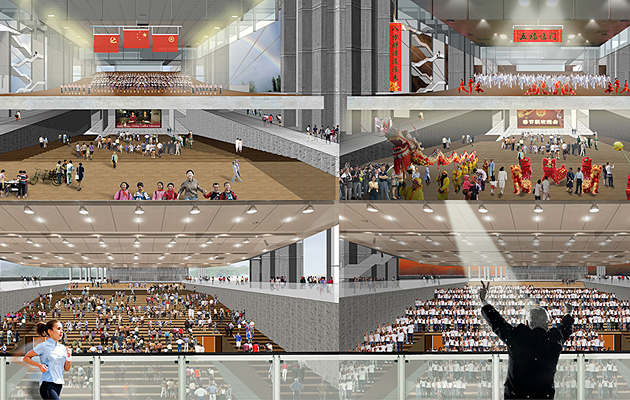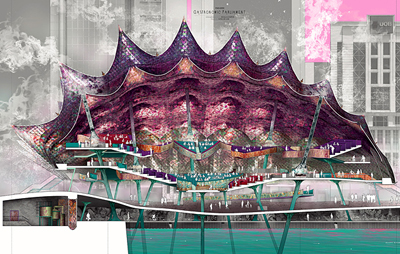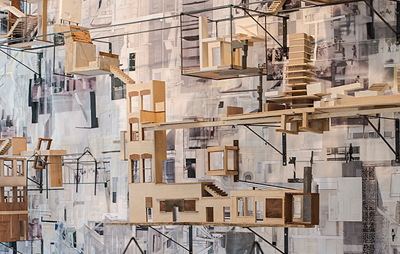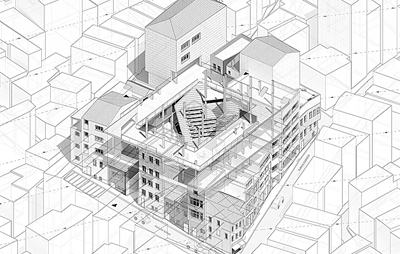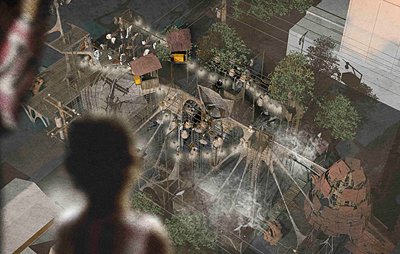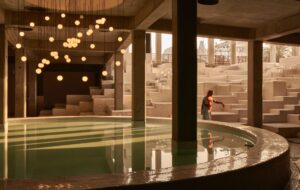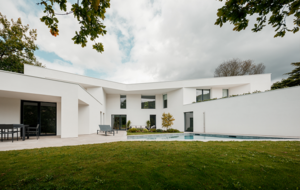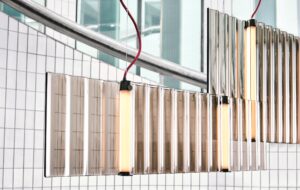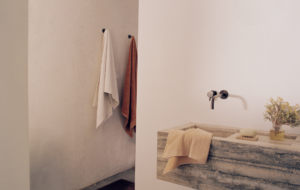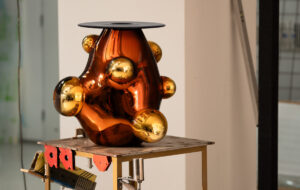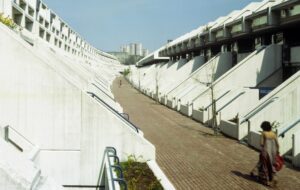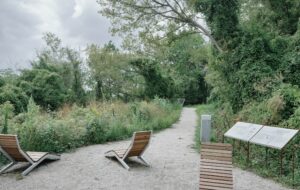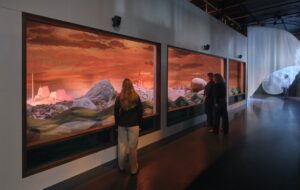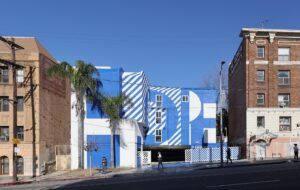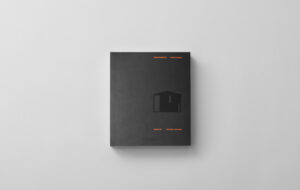|
|
||
|
Politics was never far from the mind of the students who stood out at this year’s Architectural Association summer show. Here are some of the most interesting projects Hukou Reform as Urban Reform by Cyan Jingru Cheng Through a combination of urban densification, welfare reform, a shake up of the planning system and a “new collectivity”, this project aims to tackle the “inevitable” collapse of the Chinese Hukou system of household registration within the next two decades, which Cyan Jingru Cheng says will lead to half of China being a continuous urban territory and the radicalisation of cities.
Gastronomic Parliament, Kuala Lumpur, by Song Jie Lim Song Jie Lim envisaged an epicurean paradise, unlike supermarkets and private restaurants, that would break down racial divisions in Malaysia through south-east Asian dining rituals. This Gastronomic Parliament would feature feasts, “delicious tapestries” and jumbo-sized kitchens and tables, as well as debating parlours. With no back-of-house areas, the space would increase social intimacy, informality and togetherness and force ethnic confrontation, with heated debate taking place alongside banquets.
(image: Sue Barr/AA) City as a Playground, installation Students on the Diploma 11 course chose toys as a way to infiltrate central London, creating playful ways to interact with the city and new and surprising viewpoints. Inspired by the idea in cities such as Medellin that the citizen can be a motor for urban transformation, they hoped to push back against a gentrification that erases all differences.
Stepping Spaces by Susan Ucmaklioglu Following recent protests in Istanbul’s Geri Park and Taksim Square against the elimination of these remaining public spaces, Ucmaklioglu aimed to redefine the role of public space, considering how it could remain relevant in a city dominated by corporate construction. Her proposal inverted the concept of neighbourhoods of houses surrounded by a vibrant street life, bringing common spaces inside. She sees the building itself as a form of protest that allows for a cultural shift in the ways people congregate.
The Ghost Settlement by Jocelyn Arnold Arnold examined the phenomenon of informality – the fact that in Phnom Penh, Cambodia, many homes are simply unrecorded and therefore do not exist. Her project was a commentary on this condition – ghost-like homes. She envisaged a Phnom Penh that had become a dense corporate jungle with its remaining inhabitants thriving in a limbo state with an infrastructure that harnesses wind, rain and tide to conceal itself in a cloud of artificial mist. The architecture – defined by conjunctural spaces, ephemeral elements and improvised performances – mirrors the uncertainty of their lifestyles. |
Words Debika Ray |
|
|
||

